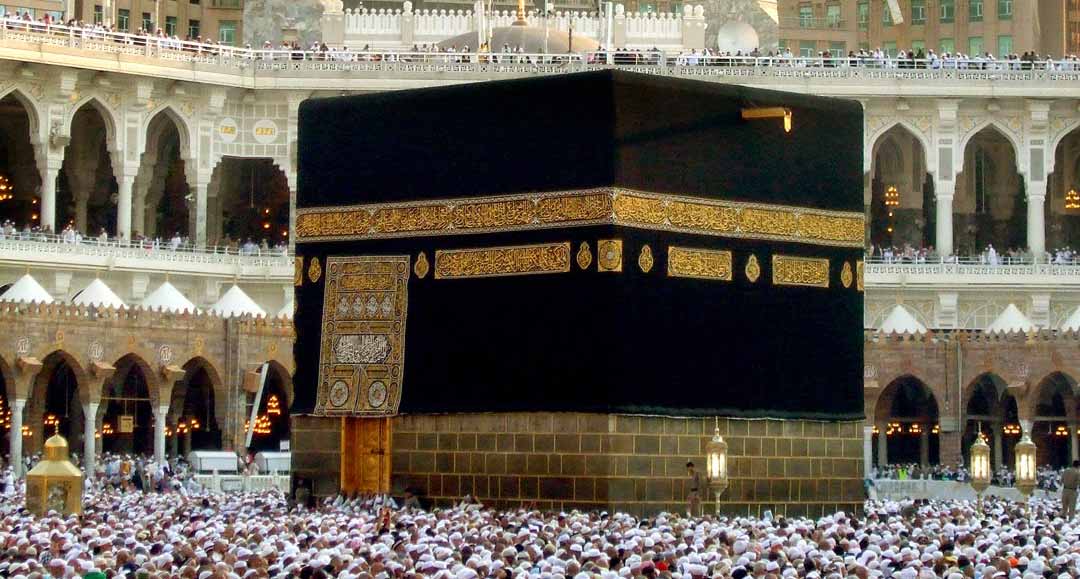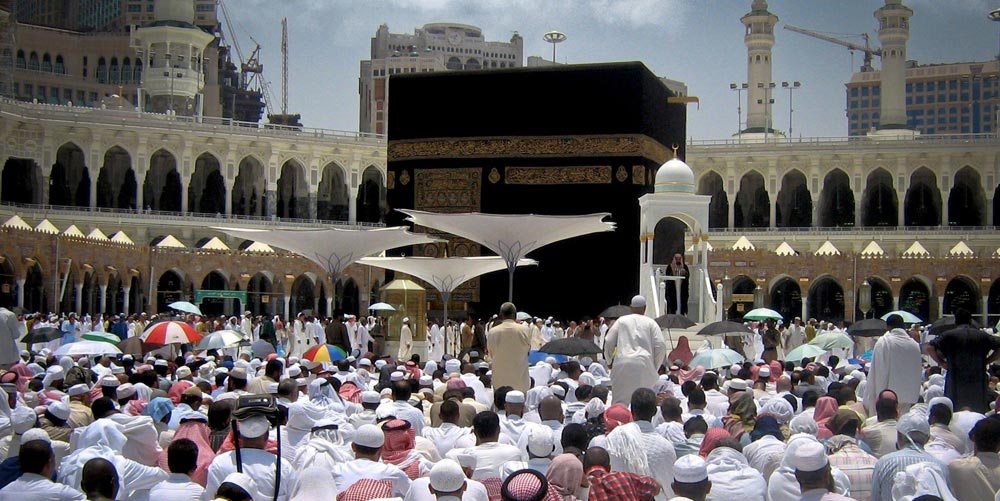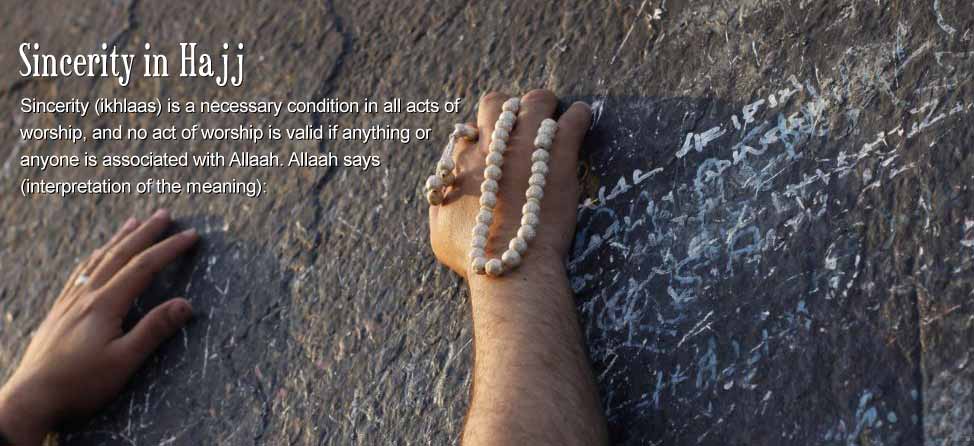Important Etiquettes of Hajj
Performing Hajj to the House of Allaah The Almighty entails following certain etiquettes. If the pilgrim observes and fulfills these etiquettes, he would return, Allaah willing, having a great number of good rewards and accepted deeds.
Amongst them are:
- One should start by repenting sincerely of all sins and misdeeds.
- A pilgrim should set right any wrongs he has done towards people, restore the rights of people and pay off whatever he can of the debts he owes them.
- One should also return anything that has been entrusted to him and seek forgiveness from anyone with whom he has any incorrect dealings.
- He should write his will and have it witnessed, and he should appoint someone to pay off the debts that he is unable to pay.
- He should also leave enough funds with his family and those whom he should provide for, such as his wife, parents and children, to cover their needs until he returns.
Amongst the other recommended manners is that the pilgrim should strive hard to please his parents and those whom he is obliged to honor and obey, such as a teacher and his relatives. A pilgrim should also strive to ensure that his funds are Halaal (lawful) and free from any suspicion. If he goes against this and goes to perform Hajj with unlawful wealth, it will not be a proper accepted Hajj.
Provision and money: Thepilgrim should take sufficient provisions and money with him, so that he can share them with those who are in need in such blessed places and help the destitute.
The pilgrim should also avoid arguing over the goods he buys. One should be easygoing in buying and selling, taking and giving. This is because the people of such a blessed destination wait for the season of Hajj to obtain the benefits of Hajj and benefit the pilgrims by providing them with the necessary food, suitable clothes, and necessary tools in return for a reasonable and an acceptable gain.
Moreover, the pilgrim should learn about how Hajj has to be performed, i.e. one should learn its rulings, what is permissible, prohibited, obligatory, and recommended for him, since no act of worship is valid if it is done by the one who does not know it properly. A person should take a book about the correct manner of performing the rituals and their aims with him, and he should read it constantly. A pilgrim should also ask scholars about all the acts of Hajj. Muhammad Al-Hajjaar affirms this in his book Sawt Al-Minbar, saying, “Whoever does not adhere to this and takes it lightly, it is feared that his Hajj will not be valid because he failed to fulfill one of the conditions and pillars of Hajj. Moreover, many pilgrims may imitate some of the common people of Makkah.”
Good companions: The pilgrim should also adopt a kind and pleasant attitude and avoid arguing or pushing and shoving people on the road and near sources of water.
The pilgrim should guard his tongue against insults, backbiting, cursing his mount or any other kind of foul speech, for the Messenger of Allaah, sallallaahu `alayhi wa sallam ( may Allaah exalt his mention ), said: “Whoever performs Hajj and does not commit any obscenity or commit any evil will go back free of sin as on the day his mother gave birth to him.”
Furthermore, the pilgrim should seek a companion who desires good and hates evil, so that if he forgets, he can remind him, if he remembers, he can help him, and if he happens to be a man of knowledge, he should stick with him, because he will help him to perform a valid Hajj and adopt noble morals. He will also help him with his knowledge and good conduct to avoid bad attitudes that may disturb him throughout the journey.
Muhammad Al-Hajjaar says, “It is strange that you see many wealthy Muslims, who do not know the rulings and rites of Hajj, spend wealth in abundance in traveling for Hajj without there being any compelling necessity for this along with [an element of] objectionable extravagance, while they do not spend even a little in seeking a companion who may teach them what they need in their journey to Hajj, so that they may receive the reward of learning and return with a proper accepted Hajj. ”
Truly, this is something for all of us to reflect over.
We have a wide range of Spiritual Journey Packages from UK are give below:
Umrah Packages | Hajj Packages | Ramadan Umrah Packages | December Umrah Packages
Article by: www.islamweb.net


